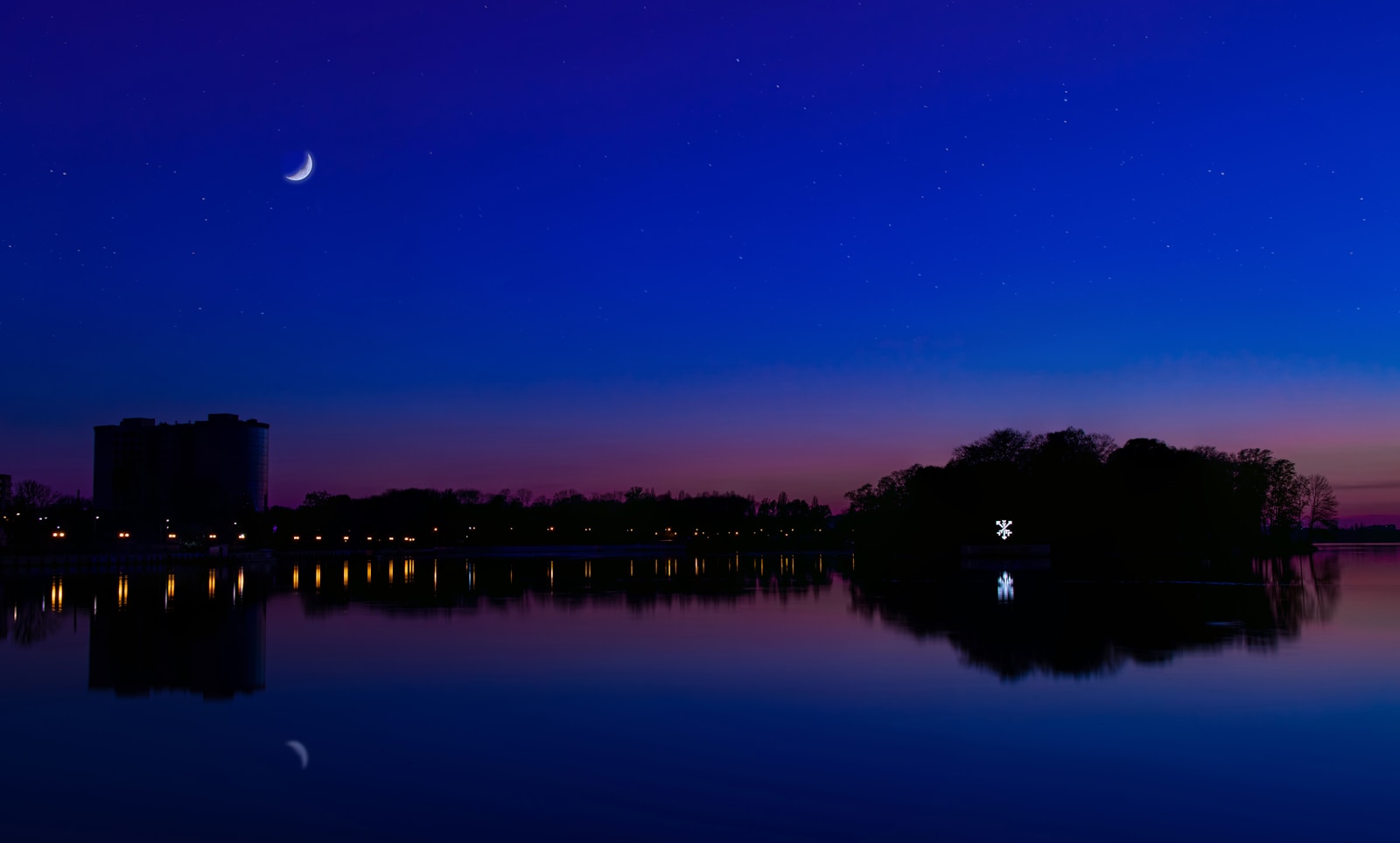
scène

scene
The French word 'scène' is equivalent to the English term 'scene.' It can refer to a piece of a narrative in plays, films, or novels. Besides, it also has a musical connotation, referring to a stage where performances occur. Just like in English, 'scène' is used variedly in different contexts surrounding literature, cinema, theatre, and music.
Example sentences using: scène
La scène dans cette pièce de théâtre est très émouvante.

The scene in this play is very moving.
This sentence implies that there is a particular moment or sequence within a theater play that stirs up strong emotions and effectively captivates the audience.
J'ai vu une scène de violence dans le film.

I saw a scene of violence in the movie.
In this context, 'scène' refers to a sequence in a movie that involves a display or act of violence.
L'artiste peint une belle scène de paysage.

The artist paints a beautiful landscape scene.
Here 'scène' is used to describe a depicted image or subject of an artwork, in this case, a landscape.
Je monte sur scène dans cinq minutes.

I go on stage in five minutes.
In this instance, 'scène' refers to a physical platform where performances are held.
Cette scène de crime est très déroutante.

This crime scene is very confusing.
In a law enforcement context, 'scène' refers to the site of a crime.
La pièce de théâtre a terminé avec une scène dramatique.

The play ended with a dramatic scene.
Here, the word 'scène' refers to a particular sequence or instance within a play that is highly charged with emotion or suspense.
Il étudie la scène politique française.

He is studying the French political scene.
In this case, 'scène' is used metaphorically to describe the ongoing interactions, events, and landscape within the political arena of France.
La scène musicale à Paris est très dynamique.

The music scene in Paris is very dynamic.
In this instance, 'scène' denotes the collective community or venue where particular types of music are produced and performed.
La scène finale du film était incroyable.

The final scene of the film was incredible.
This statement describes the last segment or sequence of events in a movie. The word 'scene' portrays a unit of action or segment of the story in the movie.
Elle a fait une scène en public.

She made a scene in public.
In this context, 'scène' refers to an incident or display of strong emotion or controversial behavior made in front of others.